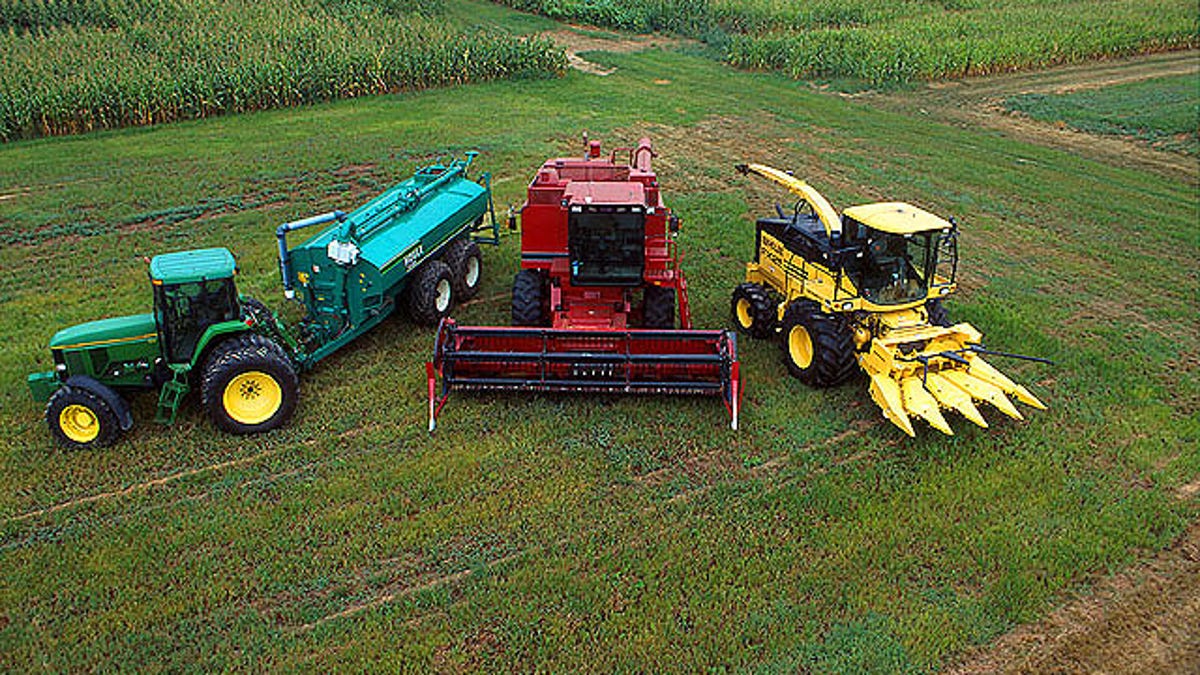Biodiesel production ramps up on West Coast
Amidst growing demand for greener fuels, one community is sowing the seeds of change.

When a new biodiesel plant opens early next year in Odessa, WA, it will employ a novel strategy: take locally grown seeds, crush them on site, and refine the resulting oil for fuel. It might sound obvious, but, according to plant manufacturers, the Odessa facility will be the first of its kind in the Western U.S. to fully integrate these steps necessary for biodiesel production.
The result? The facility, according to equipment suppliers, will be less vulnerable to fluctuating agricultural oil prices, which could help stabilize fuel prices further down the supply chain. For the community, it will give Washington wheat farmers an alternative rotation crop, which is beneficial both economically and environmentally.
Turning oilseed into biodiesel is a three-stage process. First, the seeds are crushed. In the case of canola seed, the crushing produces two substances: crude oil and canola meal. The oil is refined and filtered, while the meal can be used as livestock feed. In the third stage, the filtered oil goes into a reactor and mixed with methanol or ethanol and processed. About 90 percent of oil is turned into biodiesel; the leftover byproduct is glycerin.
A Washington state law mandates that all petroleum diesel contain 2 percent biodiesel by 2008. To meet the requirement for that state alone, at least 20 million gallons of biodiesel must be produced by next year. The Odessa plant will initially produce about eight million gallons annually, with an estimated future production of about 16 million gallons a year.
The automotive industry still seems divided on the benefits of using biodiesel in cars. According to Wikipedia, car owners in the UK may void their engine warranties if they use fuel that contains more than five percent biodiesel. But many automakers say the alternative fuel reduces engine wear, since biodiesel is a better solvent than petroleum diesel and helps keeps fuel lines clean. The downside is, deposits cleaned from the lines may cause blockages in fuel injectors. But that can be solved by changing the fuel filter every few months -- something many of us do at regular oil services anyway.